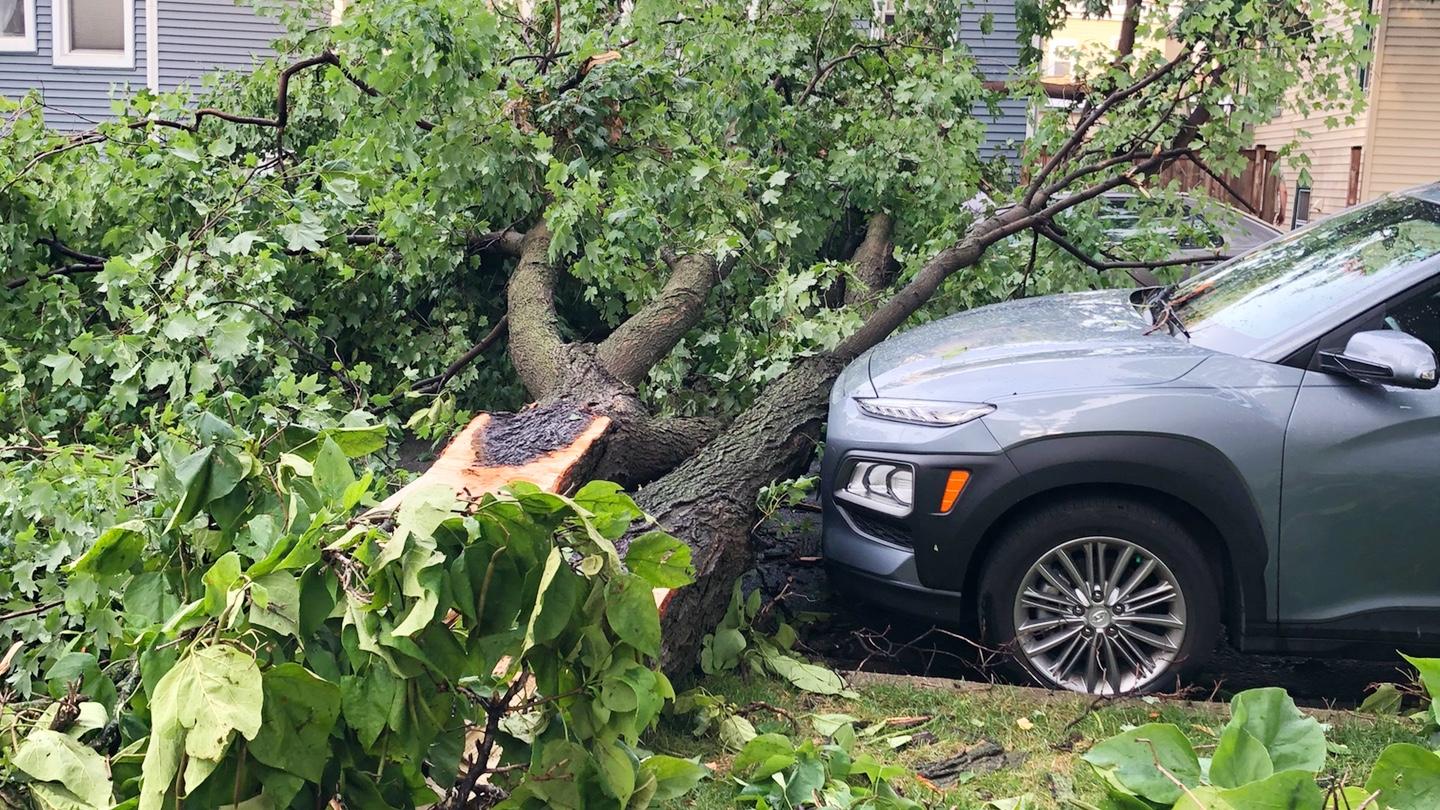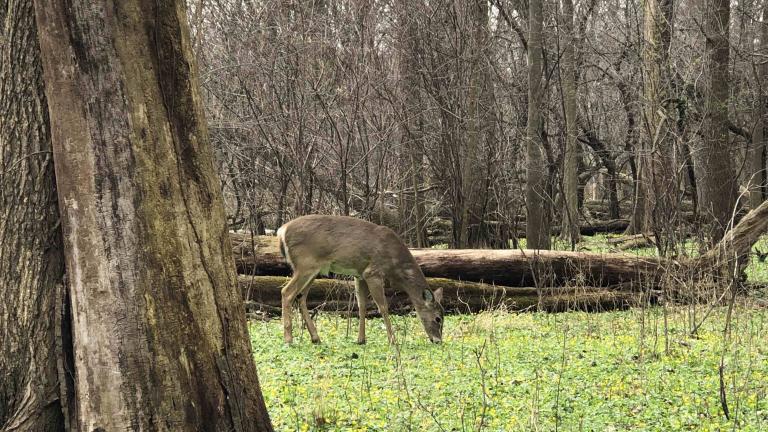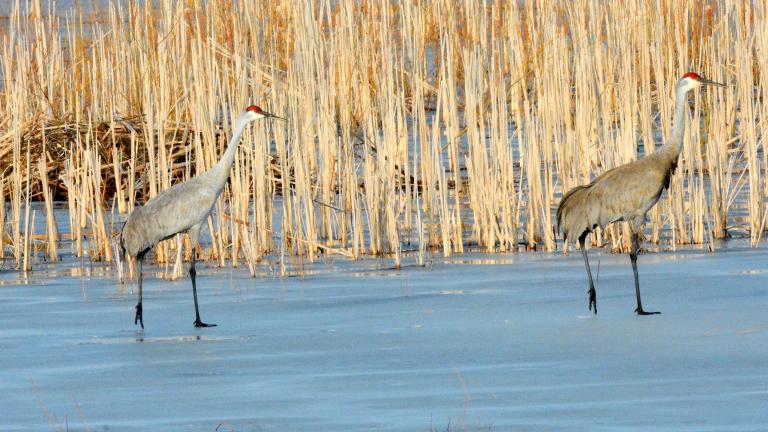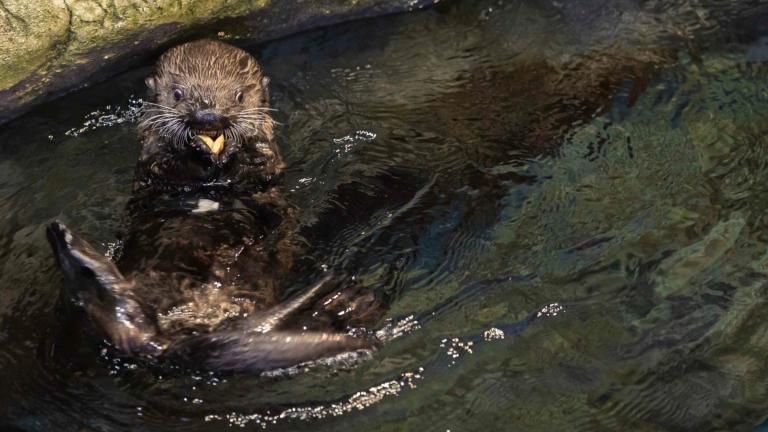 The thousands of trees damaged during 2020's powerful derecho storm demonstrated the vulnerability of Chicago's tree canopy. (Patty Wetli / WTTW News)
The thousands of trees damaged during 2020's powerful derecho storm demonstrated the vulnerability of Chicago's tree canopy. (Patty Wetli / WTTW News)
With the backing of key stakeholders, including the Chicago Department of Transportation (CDOT) and the Department of Streets and Sanitation, a proposal to create an Urban Forestry Advisory Board was unanimously approved Monday by the Finance Committee and now heads to the full City Council for a vote.
Ald. Scott Waguespack (32nd Ward), one of the lead sponsors of the legislation, hailed the committee’s decision as an important step “for us and for future generations.”
The Urban Forestry Advisory Board would be an all-volunteer 13-member panel consisting of representatives from various city departments that touch on trees, along with members of environmental and community organizations, academic arborists and professionals from the tree service industry.
Among the board’s primary charges would be the development of a top-level urban forestry management plan, creating a more proactive, purposeful approach to tree care and planting versus a reactive model.
Chicago’s tree canopy — the upper layer of leaves, branches and stems that shelter the ground below — has suffered a number of blows in recent years, including the loss of millions of ash trees to the emerald ash borer, as documented in a 2020 tree census led by the Morton Arboretum. Thousands more trees were felled or damaged during 2020’s powerful derecho storm, which demonstrated the vulnerability of the city’s urban forest. At the same time, the benefits that trees provide, such as shade and stormwater absorption, are needed more than ever due to climate change.
Additional duties of the board would include legislative recommendations, public education regarding the importance of trees as environmental assets, review of policies and procedures, and establishment of a heritage tree program, which would identify trees of significance either in terms of age, size, history or horticultural value. Measures of the board’s success would be healthier trees, spread equitably across Chicago and valued by residents.
The board would not dictate policy, nor would its input supersede a department’s day-to-day operations.
Fundraising is another key role of the board, Waguespack said. There is some urgency attached to this aspect, given that Chicago’s Department of Forestry is funded by state and federal grants that come with no guarantee of renewal and are set to be depleted within the next few years.
“Trees need care like streets need repairing,” Malcolm Whiteside, deputy commissioner for the Department of Forestry, said at a previous committee hearing regarding the board. His crews have responsibility for some 500,000 parkway trees, and he told the Finance Committee the assistance and expertise of an advisory board would be welcome.
Likewise, Jeff Brink, senior city forester with CDOT, threw his department’s full support behind the advisory board.
“It will strengthen and improve interdepartmental coordination,” Brink said of the board’s potential to provide a strategic, integrated approach to managing the city’s valuable “green infrastructure.”
The Urban Forestry Advisory Board was first proposed in July 2020. Its next stop is the June 23 City Council meeting.
Contact Patty Wetli: @pattywetli | (773) 509-5623 | [email protected]








